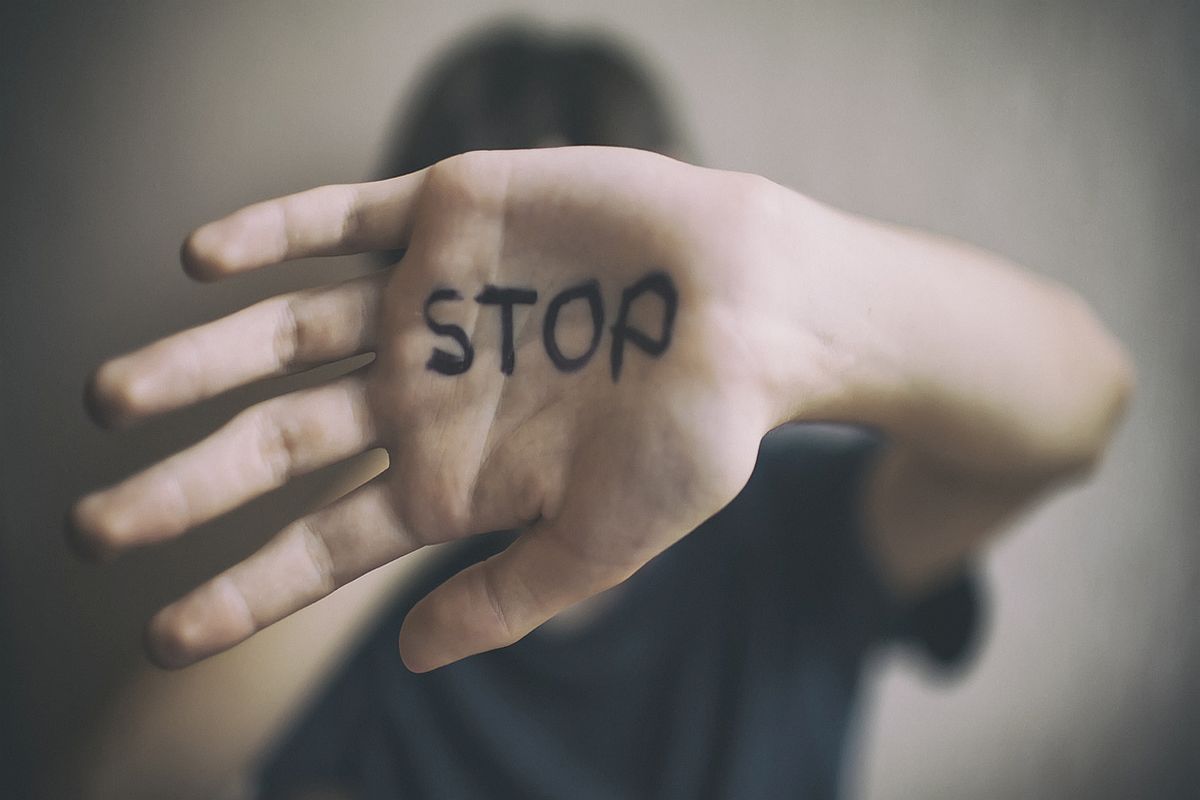Essay Composition On – How To Control Domestic Violence – For W.B.C.S. Examination.
Domestic violence is a serious threat for many women. Domestic violence occurs between people in an intimate relationship. Domestic violence can take many forms, including emotional, sexual and physical abuse and threats of abuse.Continue Reading Essay Composition On – How To Control Domestic Violence – For W.B.C.S. Examination.
If health care providers focus on your symptoms, this may worsen your fear that you are responsible for the abuse in your relationship.
- You have acted out verbally or physically against your abuser, yelling, pushing or hitting him or her during conflicts. You may worry that you are abusive, but it’s much more likely that you acted in self-defence or intense emotional distress. Your abuser may use such incidents to manipulate you, describing them as proof that you are the abusive partner.
If you’re having trouble identifying what’s happening, take a step back and look at larger patterns in your relationship. Then, review the signs of domestic violence. In an abusive relationship, the person who routinely uses these behaviours is the abuser. The person on the receiving end is being abused.
Still, the only way to break the cycle of domestic violence is to take action. Start by telling someone about the abuse, whether it’s a friend, loved one, health care provider or other close contact. You can also call a national domestic violence hotline. These are free services and full of expert guidance that can help you.
Men are sometimes abused by partners, but domestic violence is most often directed toward women. Domestic violence can happen in heterosexual or same-sex relationships.
Abusive relationships always involve an imbalance of power and control. An abuser uses intimidating, hurtful words and behaviours to control his or her partner. It might not be easy to identify domestic violence at first. While some relationships are clearly abusive from the outset, abuse often starts subtly and gets worse over time. You might be experiencing domestic violence if you’re in a relationship with someone who:
- Calls you names, insults you or puts you down
- Prevents or discourages you from going to work or seeing family members or friends
- Tries to control how you spend money, where you go, what medicines you take or what you wear
- Acts jealous or possessive or constantly accuses you of being unfaithful
- Gets angry when drinking alcohol or using drugs
- Threatens you with violence or a weapon
- Hits, kicks, shoves, slaps, chokes or otherwise hurts you, your children or your pets
- Forces you to have sex or engage in sexual acts against your will
If you’re in an abusive situation, you might recognize this pattern: Your abuser threatens violence, strikes and sometime apologizes, promises to change and offers gifts. The longer you stay in an abusive relationship, the greater the physical and emotional toll. You might become depressed and anxious, or begin to doubt your ability to take care of yourself. You might feel helpless or paralyzed. You may also wonder if the abuse is your fault — a common point of confusion among survivors of domestic abuse that may make it more difficult to seek help.
Please subscribe here to get all future updates on this post/page/category/website


 +919674493673
+919674493673  mailus@wbcsmadeeasy.in
mailus@wbcsmadeeasy.in







































































































